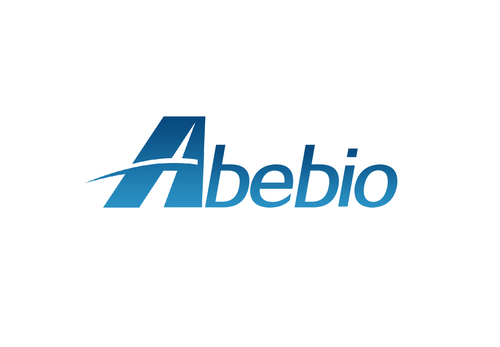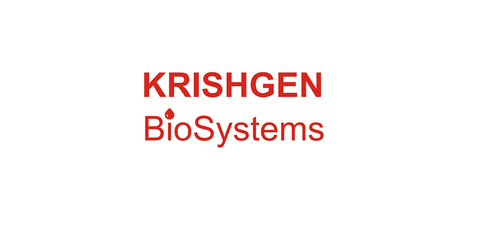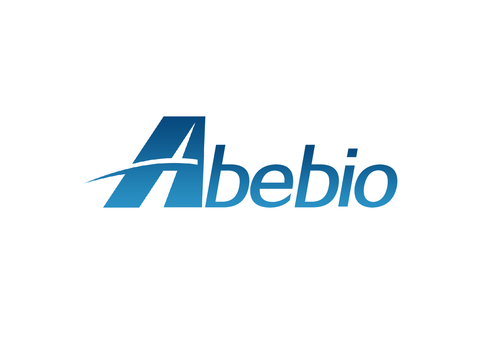Product Description
Human TNFAIP3-interacting protein 3 (TNIP3) ELISA Kit | KTE60197 | Abbkine
Application: This Human TNFAIP3-interacting protein 3 (TNIP3) ELISA Kit employs a two-site sandwich ELISA to quantitate TNIP3 in samples. An antibody specific for TNIP3 has been pre-coated onto a microplate. Standards and samples are pipetted into the wells and anyTNIP3 present is bound by the immobilized antibody. After removing any unbound substances, a biotin-conjugated antibody specific for TNIP3 is added to the wells. After washing, Streptavidin conjugated Horseradish Peroxidase (HRP) is added to the wells. Following a wash to remove any unbound avidin-enzyme reagent, a substrate solution is added to the wells and color develops in proportion to the amount of TNIP3 bound in the initial step. The color development is stopped and the intensity of the color is measured.
Detection Method: Colorimetric
Conjugate: N/A
Sample Type: Cell culture supernatants#Serum#Plasma#Other biological fluids
Assay Type: Multiple steps standard sandwich ELISA assay with a working time of 3-5 hours. It depends on the experience of the operation person.
Kit Component: • Human TNFAIP3-interacting protein 3 microplate
• Human TNFAIP3-interacting protein 3 standard
• Human TNFAIP3-interacting protein 3 detect antibody
• Streptavidin-HRP
• Standard diluent
• Assay buffer
• HRP substrate
• Stop solution
• Wash buffer
• Plate covers
Features & Benefits: Human TNFAIP3-interacting protein 3 (TNIP3) ELISA Kit has high sensitivity and excellent specificity for detection of Human TNIP3. No significant cross-reactivity or interference between Human TNIP3 and analogues was observed.
Calibration Range: Please inquire
Limit Of Detection: Please inquire
Usage Note: • Do not mix components from different kit lots or use reagents beyond the kit expiration date.
• Allow all reagents to warm to room temperature for at least 30 minutes before opening.
• Pre-rinse the pipet tip with reagent, use fresh pipet tips for each sample, standard and reagent to avoid contamination.
• Unused wells must be kept desiccated at 4 °C in the sealed bag provided.
• Mix Thoroughly is very important for the result. It is recommended using low frequency oscillator or slight hand shaking every 10 minutes.
• It is recommended that all samples and standards be assayed in duplicate or triplicate.
Storage Instruction: The unopened kit should be stored at 2 - 8°C. After opening, please store refer to protocols.
Shipping: Gel pack with blue ice.
Precaution The product listed herein is for research use only and is not intended for use in human or clinical diagnosis. Suggested applications of our products are not recommendations to use our products in violation of any patent or as a license. We cannot be responsible for patent infringements or other violations that may occur with the use of this product.
Background: Using differential display RT-PCR, followed by 5-prime and 3-prime RACE, Staege et al. (2001) isolated a cDNA encoding TNIP3, which they called LIND, that was upregulated in monocytes infected with Listeria monocytogenes. The predicted 325-amino acid protein contains 3 coiled-coil domains and is most likely localized to the nucleus. The authors identified potential splice sites that would result in variants with different C termini. Northern blot analysis detected 1.7- and 2.4-kb transcripts in Listeria-infected monocytes, but not in uninfected controls. RT-PCR analysis showed highest expression in lung, lymph node, thymus, and fetal liver, with lower levels in brain, spleen, leukocytes, and tonsils. Northern blot analysis of multiple tissues showed no expression.
Alternative Names: TNIP3; ABIN-3; FLJ21162; LIND; ABIN-3 beta; Listeria induced; TNFAIP3-interacting protein 3 beta; TNIP3 beta
Search name: TNIP3; ABIN-3; FLJ21162; LIND; ABIN-3 beta; Listeria induced; TNFAIP3-interacting protein 3 beta; TNIP3 beta
Tag: TNIP3
 Euro
Euro
 USD
USD
 British Pound
British Pound
 NULL
NULL












